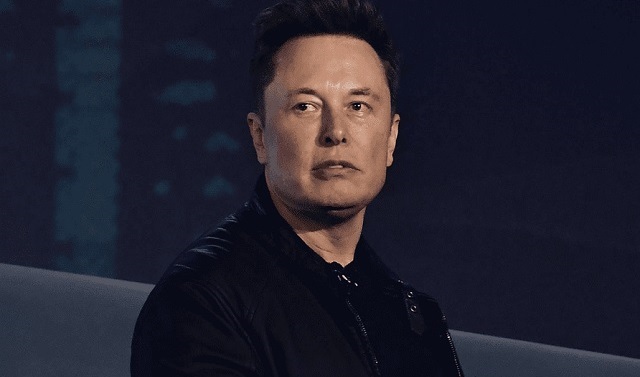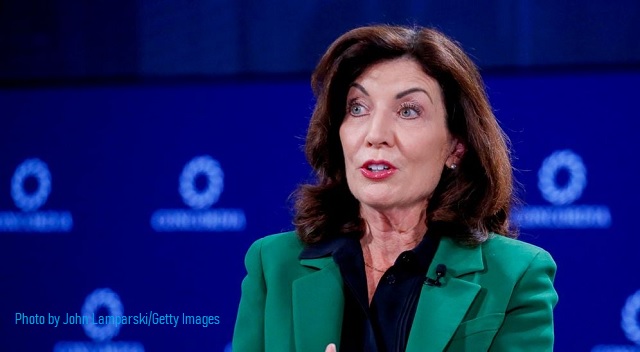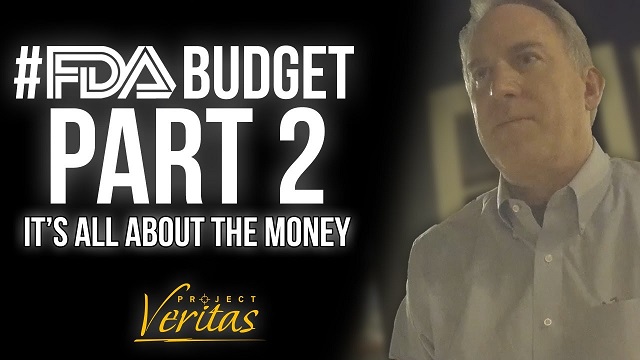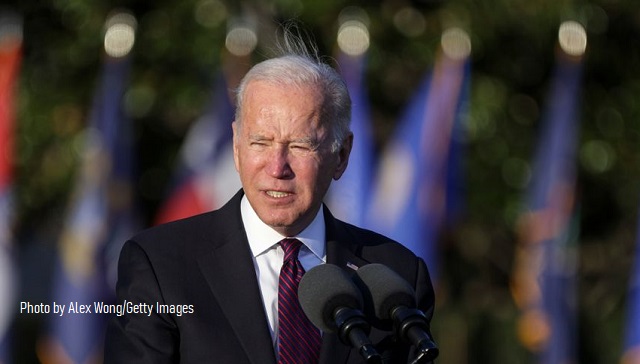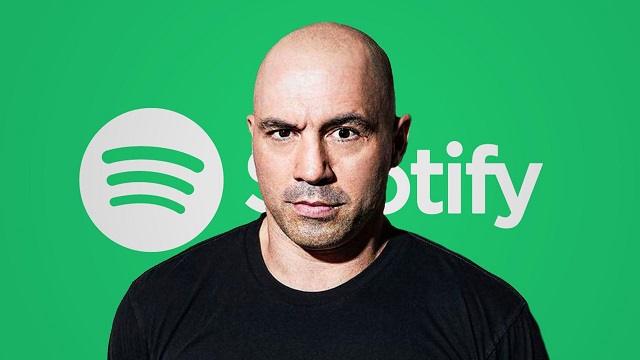
Only time will tell if Rogan’s critics have the last laugh and see him gone completely.
Comedian Joe Rogan is the biggest name in podcasting. His show, the Joe Rogan Experience, attracts an estimated 11 million listeners per episode. Since 2020, Spotify has enjoyed an exclusive deal with JRE for an estimated US$100 million. With three to four episodes per week, each of which run for hours at a time, he has a lot of influence — and a lot to lose.
And don’t his detractors know it!
“I want you to let Spotify know immediately TODAY that I want all my music off their platform,” Neil Young wrote to his management team and record label last week. “They can have Rogan or Young. Not both.” Spotify sided with Rogan — and then removed Young’s catalogue from their service.
Young’s decision followed the release of an open letter, penned by a 270-strong “coalition of scientists, medical professionals, professors, and science communicators,” who called Rogan out for “misinformation” and “promoting baseless conspiracy theories”. They were particularly referring to his recent interviews with Drs Robert Malone and Peter McCullough.
(As it turns out, fewer than 100 of the signees were medical doctors, most of whom work at universities and do not practice medicine. The remainder included teachers, psychologists, engineers, podcasters, a dentist, and a vet.)
Others have since followed the lead of Rogan’s frontrunner critics. Singer-songwriter Joni Mitchell soon announced she would remove her music from Spotify, followed by guitarist Nils Lofgren.
According to the Los Angeles Times, there are rumours that the Foo Fighters, Barry Manilow, and Prince Harry and Meghan Markle “will be the next to walk”. Indeed, the Duke and Duchess of Sussex released a statement denouncing a “global misinformation crisis” and telling of their heroic efforts to hold Spotify accountable.
More recently, even the White House has urged Spotify to tighten the screws of censorship, first amendment be damned.
While Joe Rogan is a giant, he is certainly not uncancellable. And Spotify is no charitable organisation. Shareholders and company executives factor profits into any major decision — which may be why Spotify has already quietly cancelled over 40 past JRE episodes. They have also announced their decision to add a content advisory label to any podcasts that discuss Covid-19.
It may not end there. Only time will tell if Rogan’s critics have the last laugh and see him gone completely.
Just what is so threatening about this former UFC commentator and psychedelics enthusiast?
Decorated journalist Glenn Greenwald — whose centre-left libertarian outlook closely aligns with Rogan’s — minces no words on the controversy:
“Censorship — once the province of the American Right during the heyday of the Moral Majority of the 1980s — now occurs in isolated instances in that faction. In modern-day American liberalism, however, censorship is a virtual religion. They simply cannot abide the idea that anyone who thinks differently or sees the world differently than they should be heard.“
Warns Greenwald: the woke’s focus until recently was to “expand and distort the concept of ‘hate speech’ to mean ‘views that make us uncomfortable,’ and then demand that such ‘hateful’ views be prohibited on that basis.” Now, he says, their target is “misinformation” or “disinformation” — terms that “have no clear or concise meaning”. And the lack of definition is deliberate. “Like the term ‘terrorism,’ it is their elasticity that makes them so useful,” he writes.
To prove the point, Greenwald provides a laundry list of clear-as-day misinformation that outlets like CNN, NBC, The New York Times and The Atlantic have disseminated through the Trump era. He cites the Russiagate hoax, the bounties on the heads of US soldiers in Afghanistan hoax, and the Hunter Biden emails are Russian disinformation hoax, among many.
“Corporate outlets beloved by liberals are free to spout serious falsehoods without being deemed guilty of disinformation,” Greenwald notes, “and, because of that, do so routinely.”
It’s not Rogan’s alleged “misinformation” that worries these outlets. It’s their loss of control over the narrative being believed by the masses. They too have much to lose — and they are losing. Rogan’s stats dwarf the viewership of America’s popular cable news channels, even in primetime.
For further proof that “misinformation” is not Joe Rogan’s crime, consider that Neil Young previously released an entire album, The Monsanto Years (2015), which sowed major popular distrust towards genetically modified cropping.
Young released a short anti-GMO documentary, and he went on tour “amplifying misinformation about GMOs to large mainstream audiences”. He was also interviewed by Steven Colbert on The Late Show, where he warned of “the terrible diseases and all of the things that are happening” to people who eat genetically modified products.
To Joe Rogan’s credit, he released a nine-minute video via Spotify in which he graciously addresses his critics, admits various failings, and clarifies that he is no expert but enjoys hearing from experts across the ideological divide. His message would disarm all but the most dedicated censorship enthusiasts.
In the video, Rogan addresses the hot potato that is ‘misinformation’, and makes a good case for why his show deserves to stay up:
“The problem I have with the term ‘misinformation’ — especially today — is that many of the things that we thought of as misinformation just a short while ago are now accepted as fact.
“Like for instance, eight months ago if you said, ‘If you get vaccinated you can still catch covid and you can still spread covid,’ you would be removed from social media. They would ban you from certain platforms. Now, that’s accepted as fact.
“If you said, ‘I don’t think cloth masks work,’ you would be banned from social media. Now that’s openly and repeatedly stated on CNN.
“If you said, ‘I think it’s possible that Covid-19 came from a lab,’ you would be banned from many social media platforms. Now that’s on the cover of Newsweek.”
Precisely. “Misinformation” is whatever the cultural imperialists decide it is at any given moment, until they change their mind or the truth catches up with them.
Rather than censoring him, Rogan’s critics would do well to listen to his podcast. By doing so, they may even learn what their future opinions will be.
COLUMN BY
Kurt Mahlburg is a writer and author, and an emerging Australian voice on culture and the Christian faith. He has a passion for both the philosophical and the personal, drawing on his background as a graduate… More by Kurt Mahlburg
RELATED TWEET:
EDITORS NOTE: This MercatorNet column is republished with permission. ©All rights reserved.
